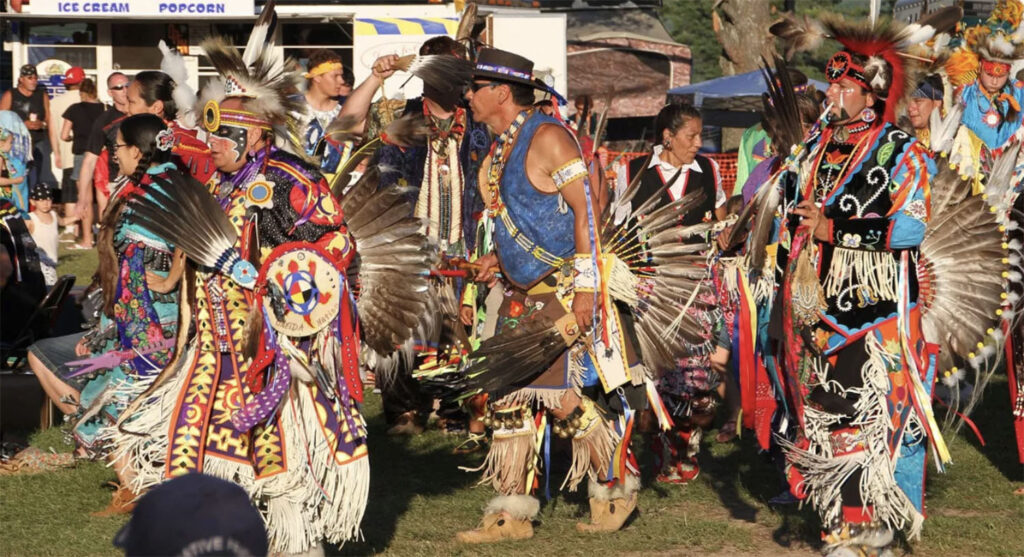By Kaitlyn Scanlon, Alliance Intern from Oregon State University ’26
Land acknowledgements have seemingly blossomed in frequency over the past few years, whether at university events, sports games, council meetings, artistic performances, or any other public event. The formal introduction crops up more often than not. But what do the Indigenous people they supposedly pay homage to think of the brief statements?
Cutcha Risling Baldy, a member of the Hoopa Valley Tribe and an associate professor of Native American Studies at California State Polytechnic University, Humboldt, says, “Now it’s time to think about what that actually means for you or your institution. What are the concrete actions you’re gonna take? What are the ways you’re gonna assist Indigenous peoples in uplifting and upholding their sovereignty and self-determination?”
NPR stated that “Indigenous leaders and activists have mixed feelings about land acknowledgments. While some say they are a waste of time, others are working to make the well-meaning but often empty speeches more useful.” Kevin Gover, Pawnee Nation of Oklahoma citizen and museums and culture undersecretary at the Smithsonian Institution, made the point that when land acknowledgements fall into the trap of repetitivity, they lose meaning altogether.
“If I hear a land acknowledgment, part of what I’m hearing is, ‘There used to be Indians here. But now they’re gone. Isn’t that a shame?’ And I don’t wish to be made to feel that way,” Gover said.
How exactly do you retain that meaning, then?
Baldy set a great example of tangible impacts made for Indigenous peoples through a land acknowledgement spoken before a lecture she gave at Dominican University in River Forest, IL, in November 2022. Baldy asked audience members to support an Indigenous community garden in nearby Chicago. “She put up a QR code for people to donate directly to the First Nations Garden,” said Fawn Pochel, an audience member.
“She literally paused so people could take pictures and create donations,” said Pochel, who identifies as First Nations Ojibwe and is involved with the community organization effort around the First Nations Garden. Pochel reported that her group received a sudden influx of $200 in donations within the next 24 hours due to Baldy’s callout during the land acknowledgment.
At the university I attend, land acknowledgements of the Kalapuya people are commonplace before tours, orientations, sporting events, and more. However, I don’t recall ever hearing of what my university was doing for the indigenous people they verbally recognize. Learning of the importance of real change being made totally shifted my mindset surrounding them. I’m now curious about the impact made by such statements and want to see institutions of all kinds live up to their words.N

